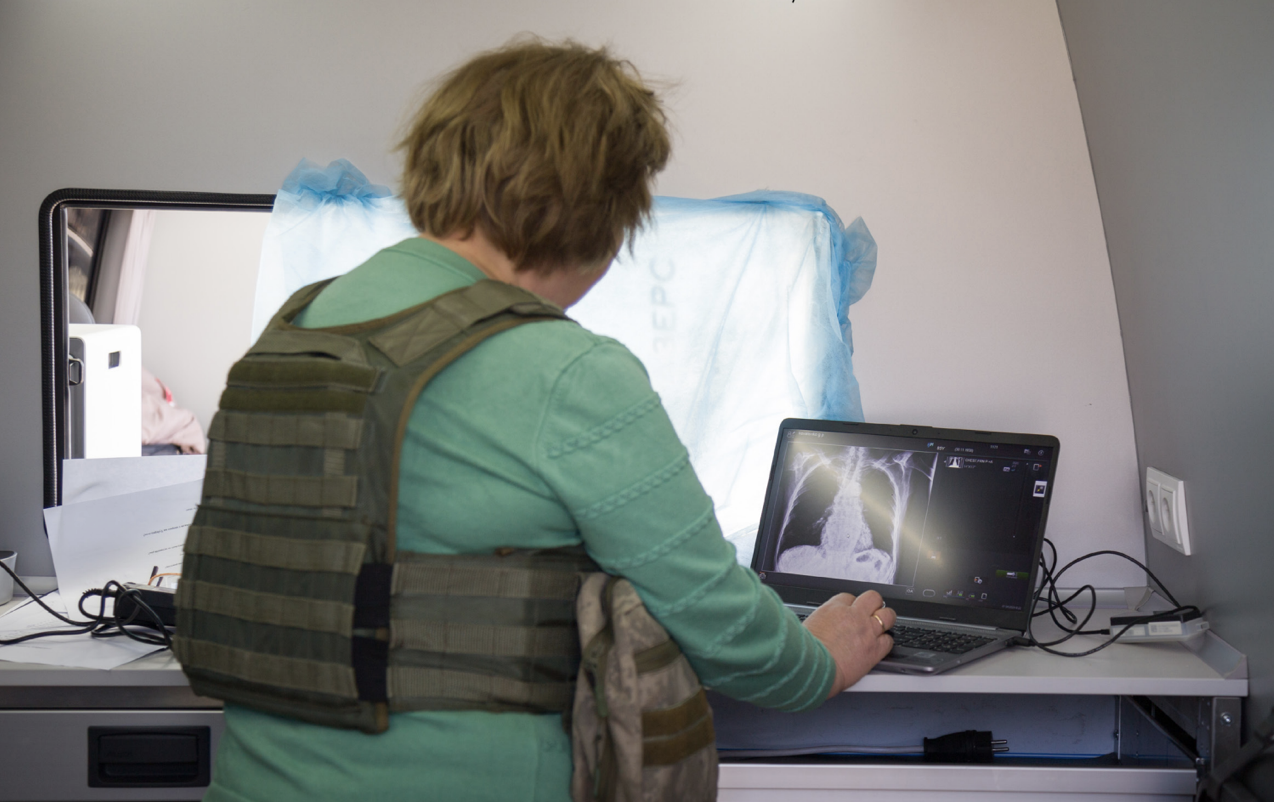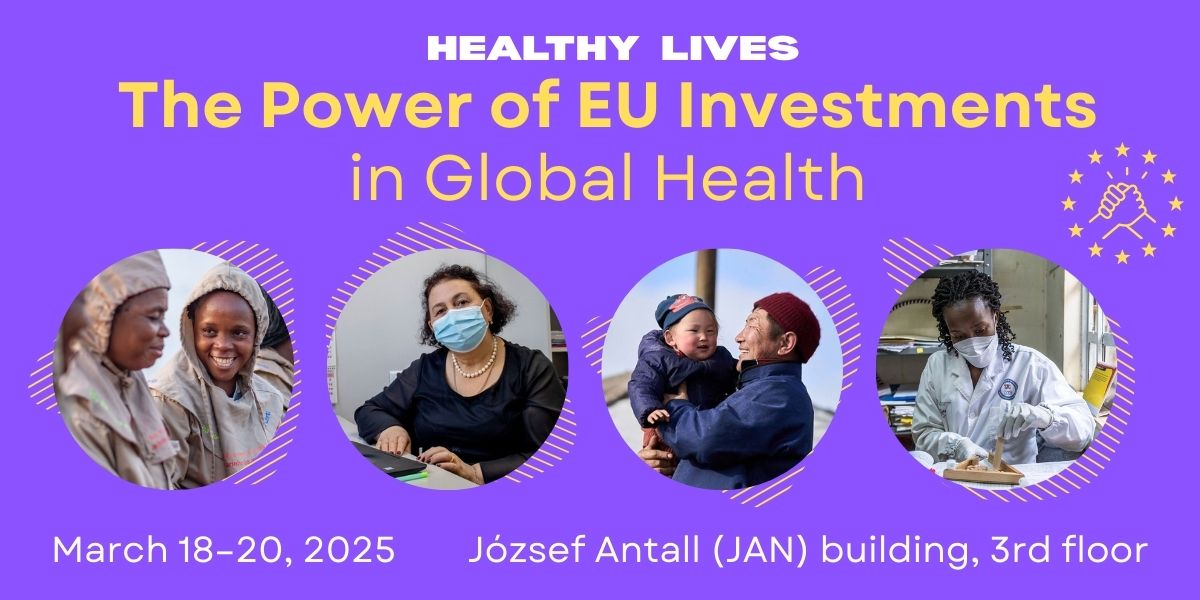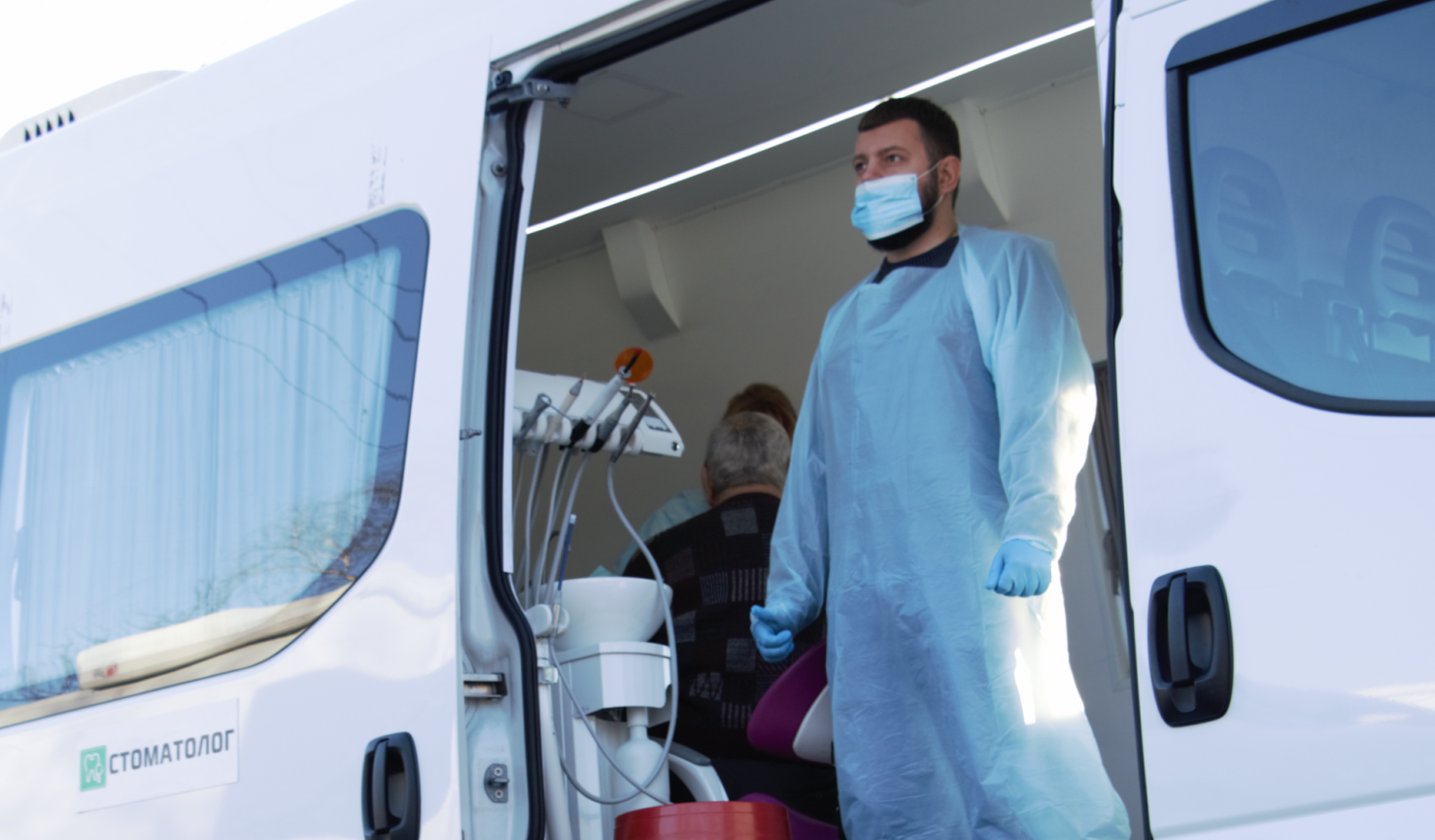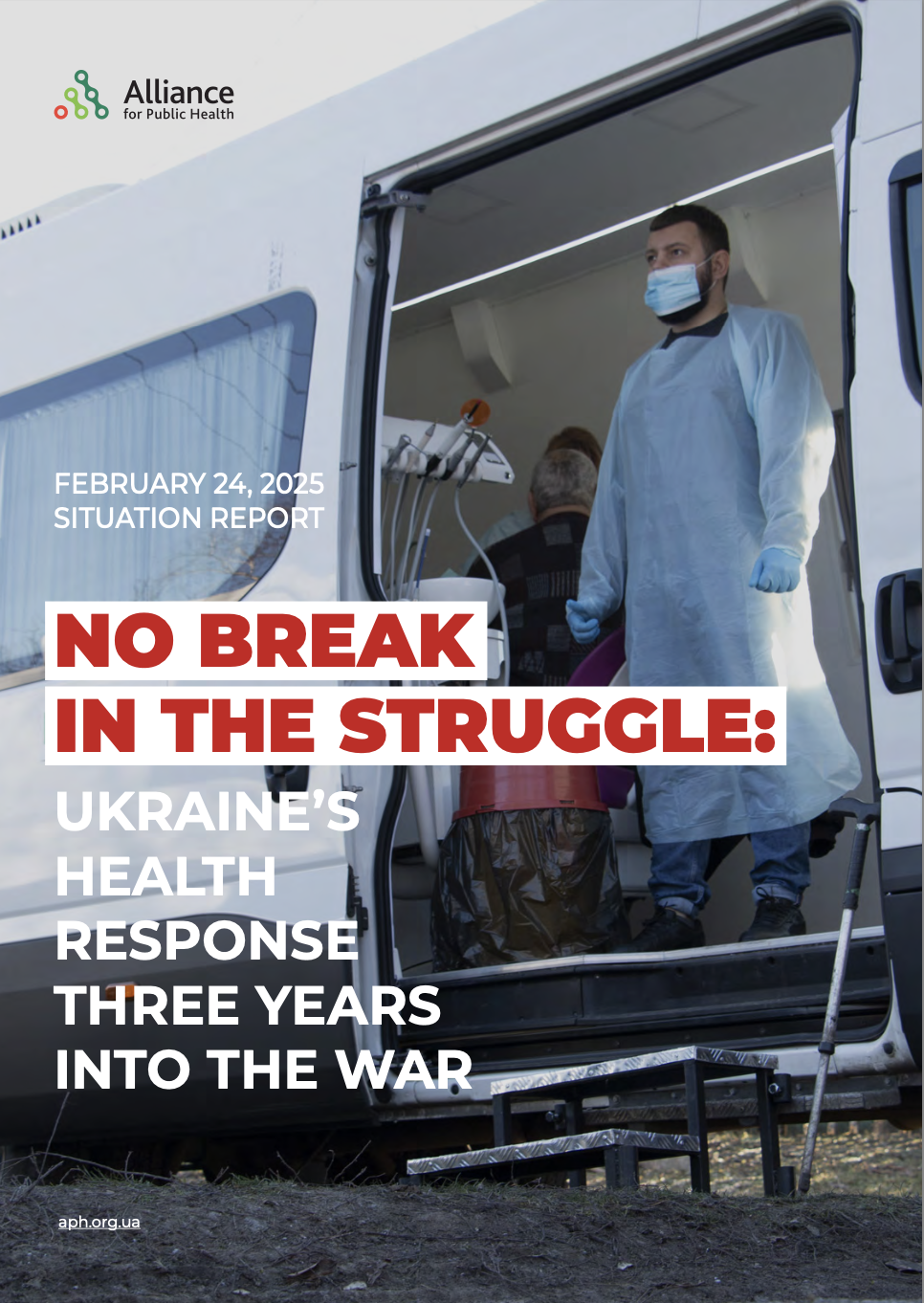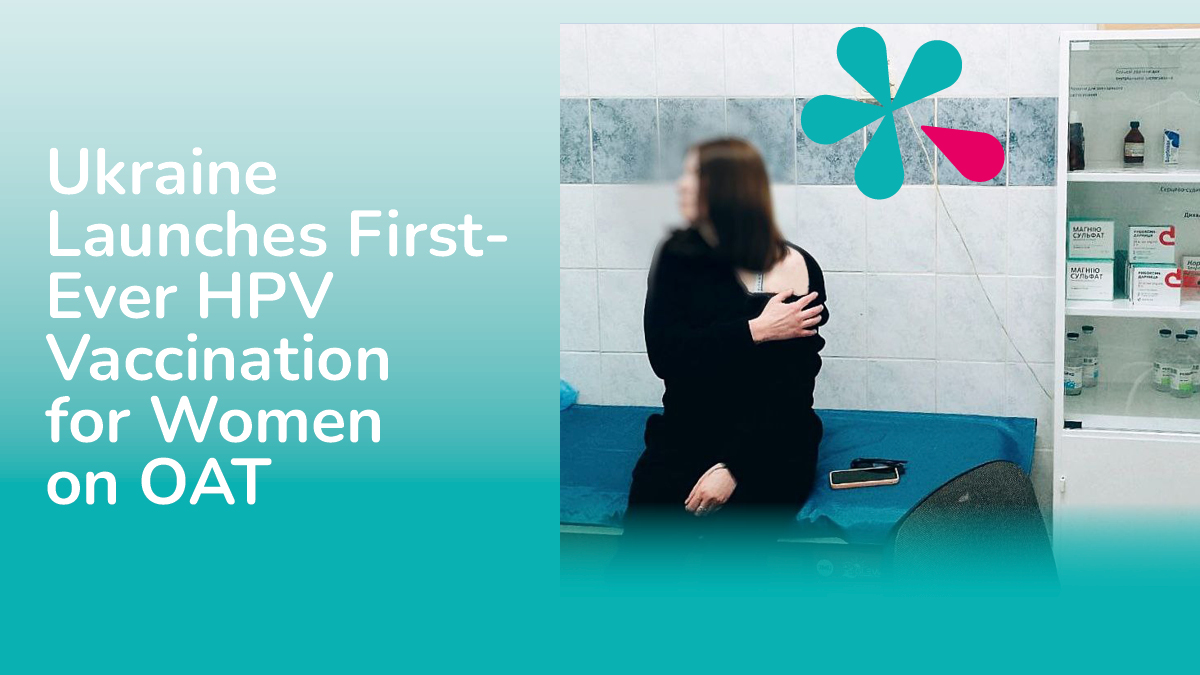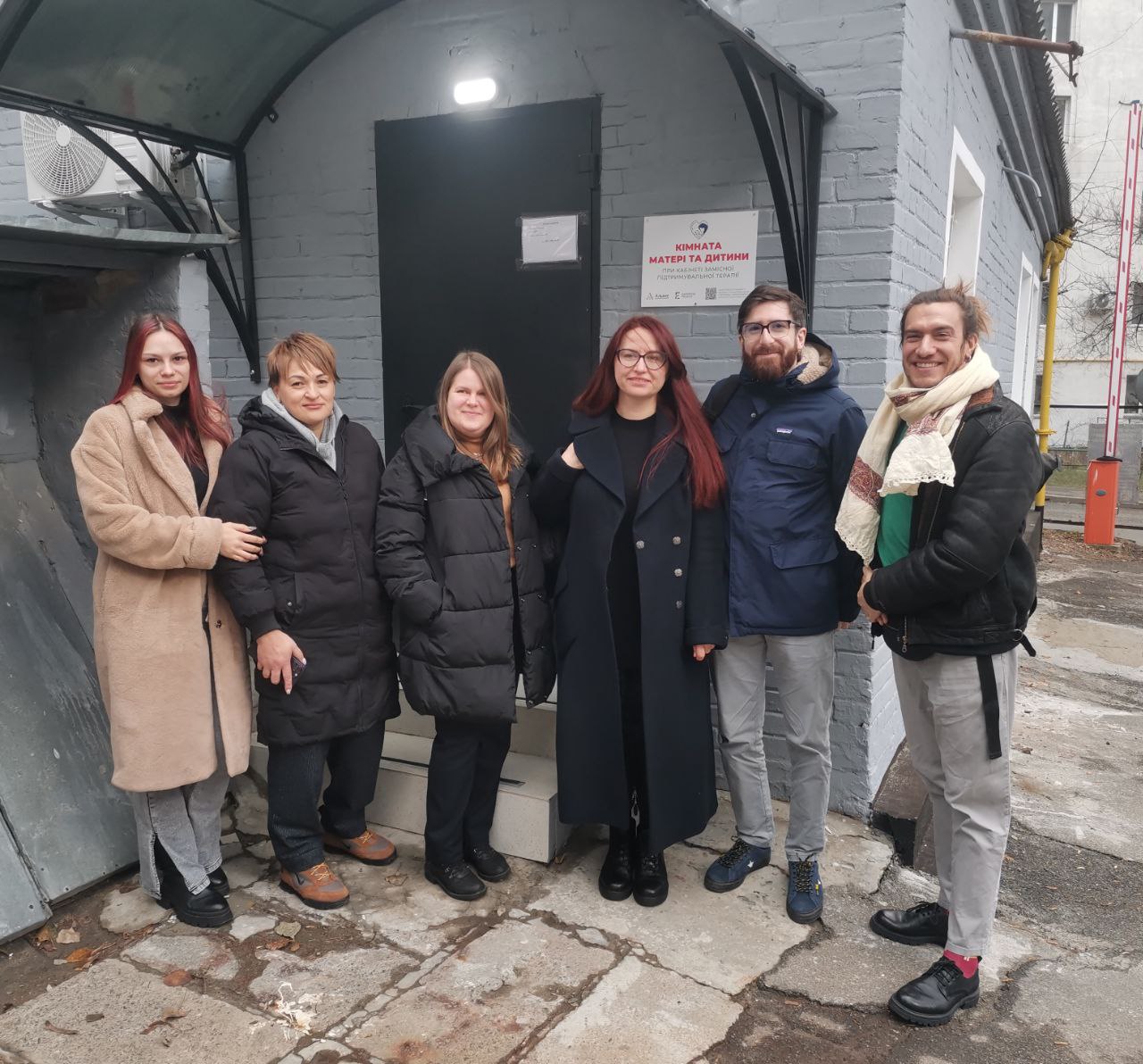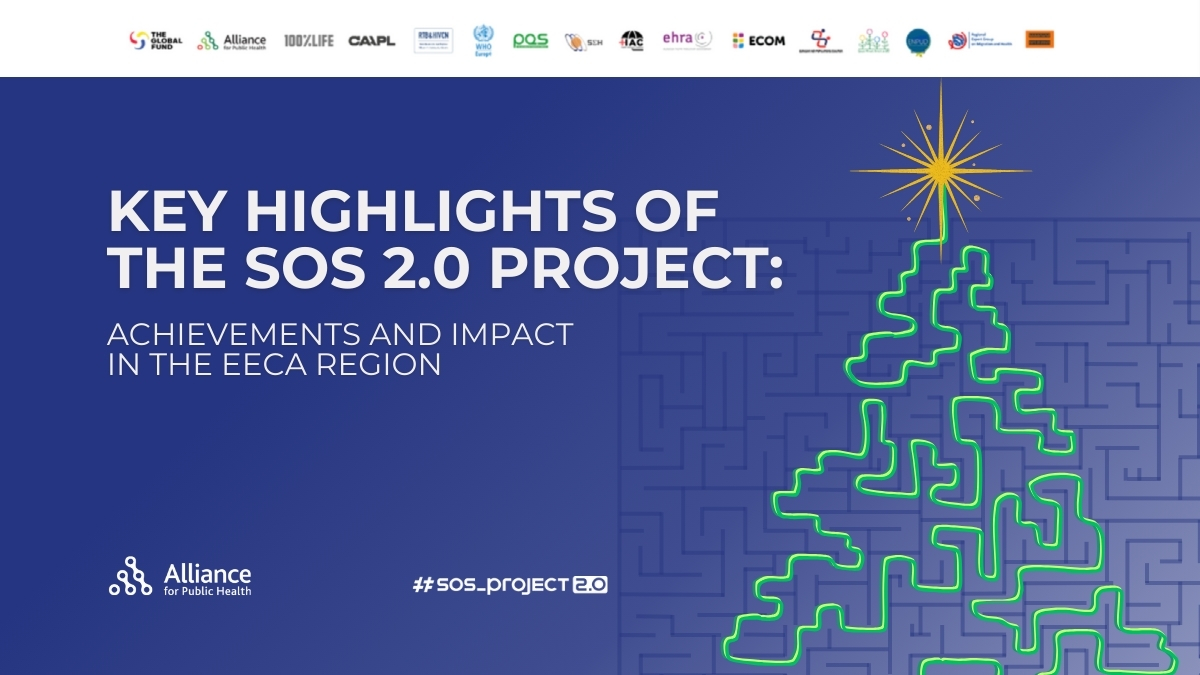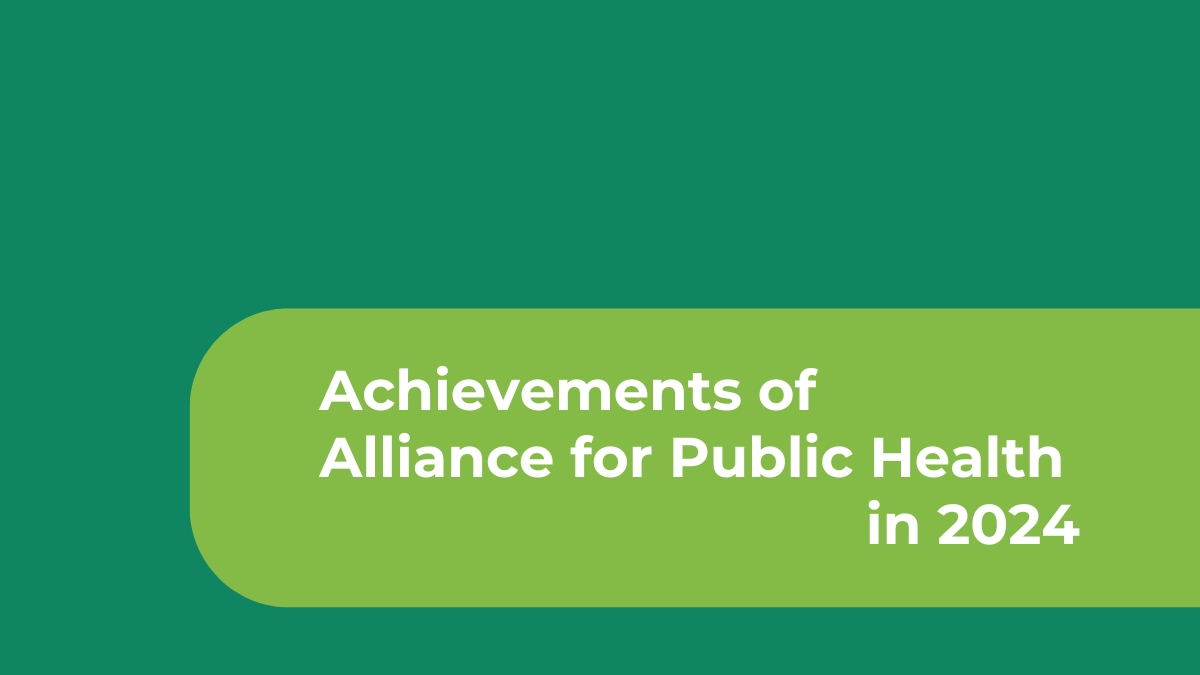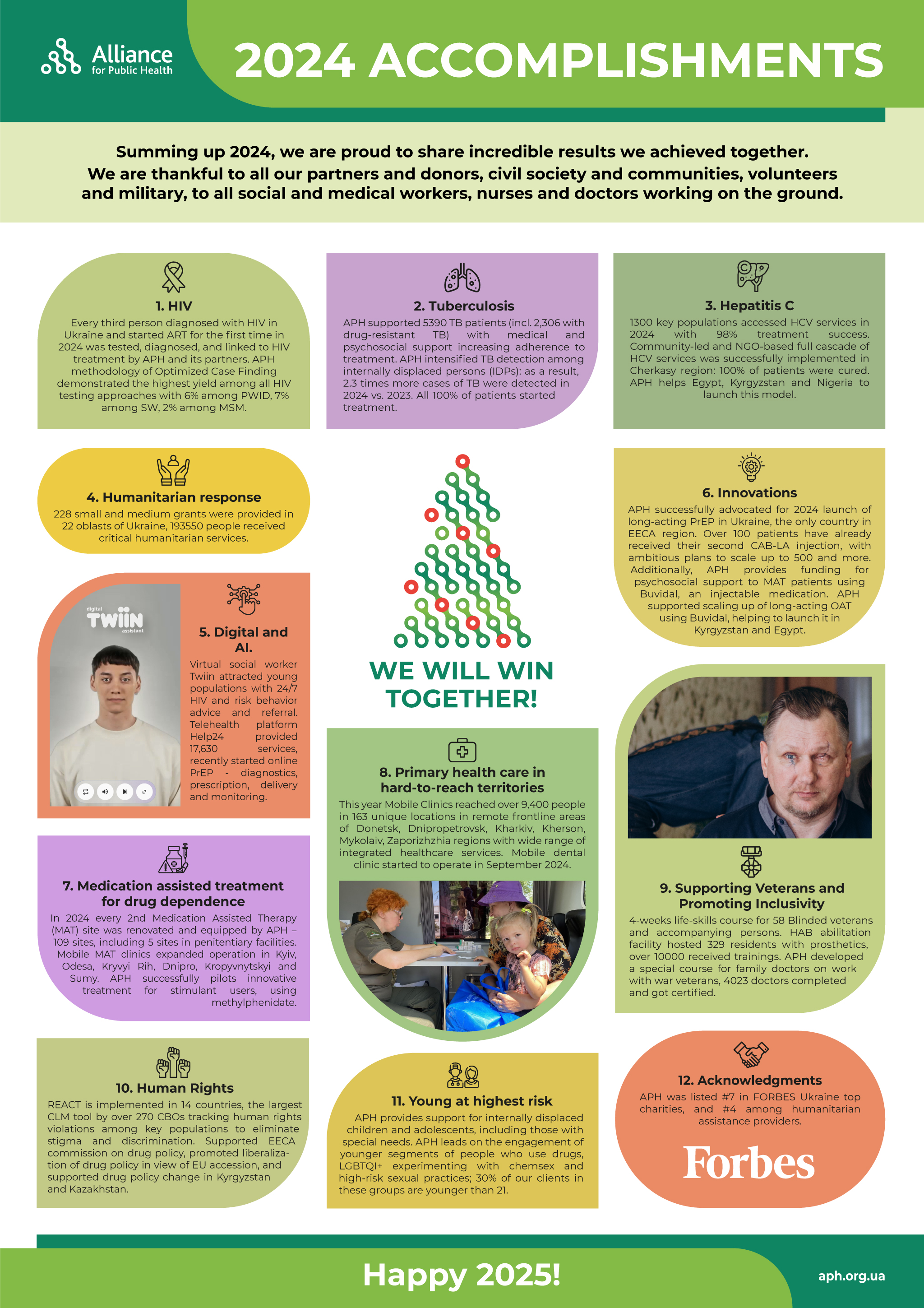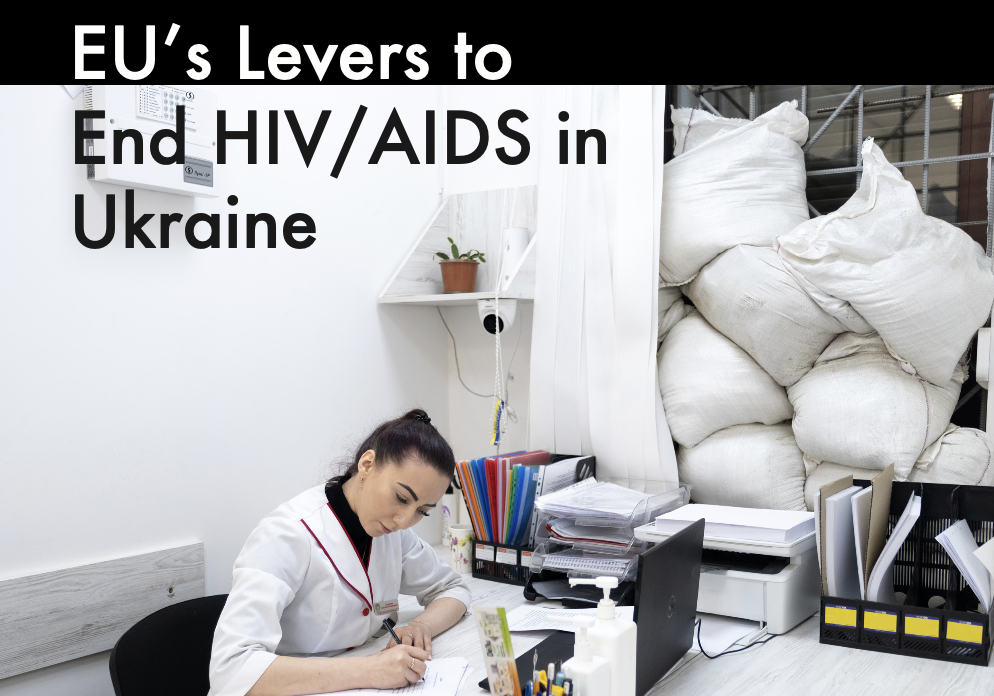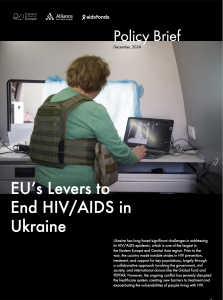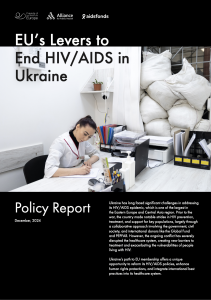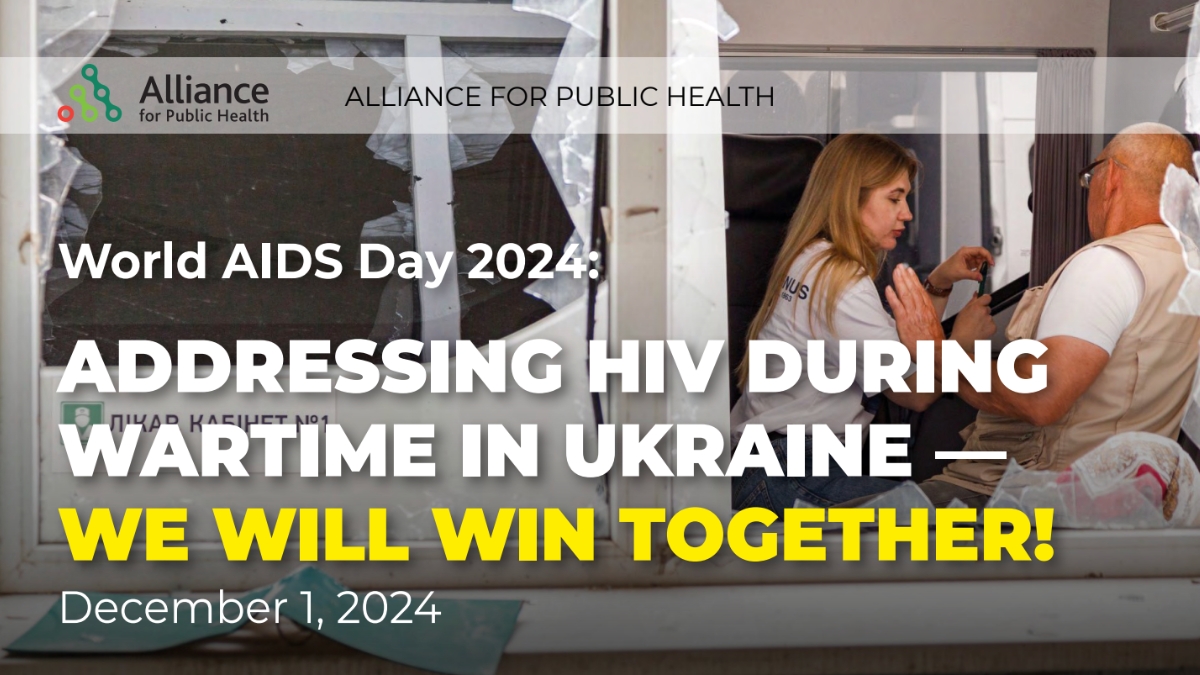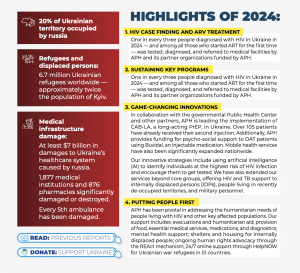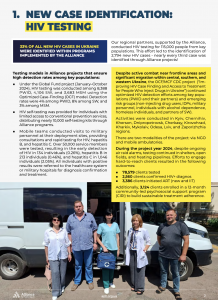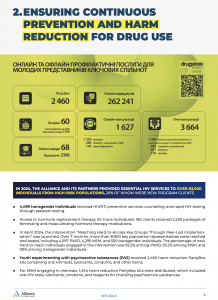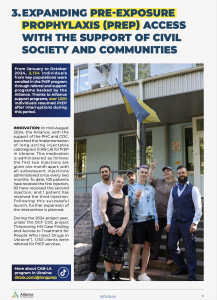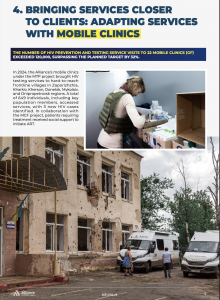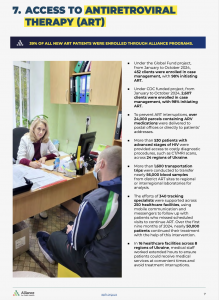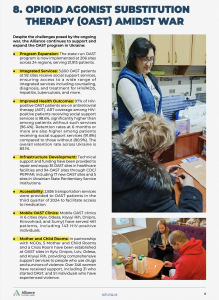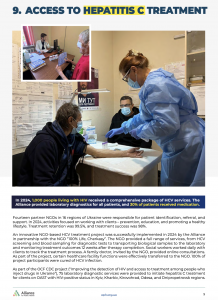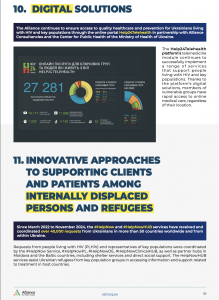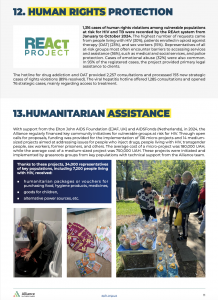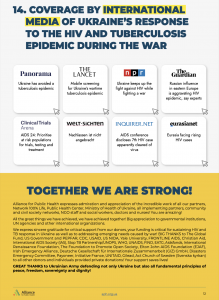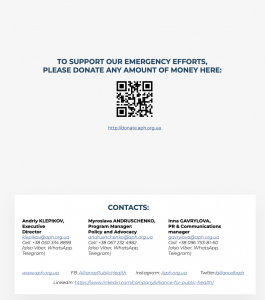From March 18 to 20, 2025, the European Parliament is hosting a powerful photography exhibition, highlighting the profound impact of EU investments in global health. Sponsored by MEP Charles Goerens, the exhibition is organized in partnership with leading global health organizations: Aidsfonds, Friends of the Global Fund Europe, Global Health Advocates, Global Citizen, ONE, Save the Children, and Alliance for Public Health.
The exhibition features compelling visual stories demonstrating how EU-backed initiatives such as Gavi, the Vaccine Alliance, and the Global Fund to Fight AIDS, Tuberculosis, and Malaria have saved millions of lives, strengthened health systems, and built resilience in vulnerable communities worldwide.
The vernissage today will be opened by President of the European Parliament, Roberta Metsola who will remind the audience about the role of global health investments to pandemic prevention and preparedness and making the world safer for all: “Investing in global public health is about safeguarding the well-being of families, communities, and our future generations. The COVID pandemic was a powerful reminder that such diseases do not know national borders but demand global action. We must better prepare, prevent, and manage future health crises. The European Parliament will continue playing its role to ensure EU funding, like EU4Health, provides an effective response: in addressing health challenges, bolstering global health security, and fostering international health cooperation”.
This exhibition underscores the EU’s unwavering strong commitment to global health leadership. It highlights the crucial role the EU can play in addressing geopolitical shifts and strengthening global health and security through its partnerships.
“The EU’s leadership in global health is not just about saving lives; it’s about championing our values and securing a prosperous future for all” says Charles Goerens, MEP and Renew coordinator for the DEVE committee. “In this time of unprecedented challenges for global health, with millions of people left without access to critical life-saving tools, the EU must step up and show its leadership. As we collectively prepare for key funding decisions, this exhibition serves as a timely call for the EU to stand firm in its convictions and ensure that no community is left behind. We must continue to invest in global health because it upholds our collective solidarity and reaffirms the EU’s enduring promise to foster a healthier, more equitable world.”
The exhibition highlights how the EU’s investments in Gavi, the Vaccine Alliance and the Global Fund to Fight Aids, Tuberculosis and Malaria (the Global Fund) have saved the lives of millions. With their support, countries are paving the way toward sustainable health outcomes, fostering resilience, and unlocking social and economic growth in some of the world’s most vulnerable and under-resourced regions.
“The European Union has been a steadfast ally in global health, playing a crucial role in the fight against AIDS, tuberculosis, and malaria,” says Peter Sands, Executive Director of the Global Fund to Fight AIDS, Tuberculosis and Malaria. “In a time of geopolitical uncertainty, the EU’s leadership is more vital than ever. Its continued support is key to mobilizing resources, fostering innovation, and ensuring that no one is left behind as we work towards eliminating these diseases. Alongside Gavi and other partners, we can build on the extraordinary progress we’ve made, ensuring a future where pandemics no longer pose a threat to public health—both in Europe and around the world—and advancing toward the achievement of the Sustainable Development Goals.”
“By investing in Gavi and the Global Fund, the European Union is not just improving the lives and livelihoods of people around the world, it is contributing to sustainable economic growth and stronger, more stable communities,” says Dr Sania Nishtar, CEO of Gavi. “The European Union’s leadership in co-hosting Gavi’s replenishment this year reflects this deep commitment and we are grateful for our enduring partnership, which has helped our alliance protect over a billion children, saving nearly 19 million lives, since 2000 and keep our world safe from diseases that do not respect borders.”
This exhibition highlights the tangible impact of the European Union’s investments in global health, featuring real stories of lives changed and communities strengthened. Participants will follow the story of how Muhammed Saleh, the child of nomadic Beja pastoralists in eastern Sudan, gains access to vaccines thanks to health workers like Abdul Qader braving conflict and impossible terrain to reach the most remote communities.
It also offers us an opportunity to reflect on the challenges ahead, such as conflict and climate change. As policymakers view the powerful image of a Ukrainian health worker in a mobile clinic operating in hard-to-reach frontline areas, analyzing an X-ray for TB, they will be reminded of the urgent need for continued investment and collaboration. The current geopolitical context risks overshadowing the humanitarian crisis, emphasizing the necessity for the EU to act decisively and ensure that hope and healing reach those in need.
“The European Union’s continued investment in global health is not just a humanitarian act — it’s a crucial responsibility that transcends borders. As we face an escalating global health crisis, it is getting critical that our values inform our actions,” says Andriy Klepikov, Executive Director of the Alliance for Public Health. “EU leadership through partnerships with organisations like the Global Fund and Gavi is saving millions of lives, ending HIV, tuberculosis and malaria epidemics. The Ukrainian health workers and communities depicted in this exhibition are a testament to the resilience and dedication of those on the frontlines. We will win united!”
In the coming days, activists affected by HIV, tuberculosis and malaria will meet policymakers to share their stories and urge them to continue EU’s critical investments in this field.
This exhibition is a call to action for policymakers, media, and stakeholders to reflect on the EU’s ongoing leadership in global health and the importance of sustained investments in life-saving programs.
About the organizers
The exhibition is a joint initiative of leading global health organizations advocating for continued EU investment in life-saving programs. It is hosted by MEP Charles Goerens, former Luxembourg minister of cooperation, humanitarian aid and defence, member of the DEVE committee, vice-president of Friends of the Global Fund Europe and a strong advocate for EU leadership in global health, and organized in partnership with Aidsfonds, Friends of the Global Fund Europe, Global Health Advocates, Global Citizen, ONE, Save the Children, and Alliance for Public Health.
About Gavi, the Vaccine Alliance and The Global Fund to Fight AIDS, Tuberculosis and Malaria
Gavi, the Vaccine Alliance, and The Global Fund to Fight AIDS, Tuberculosis, and Malaria are the two largest multilateral investors in global health. Both organizations focus on building equitable and resilient health systems, which are vital for combating infectious diseases today and preparing for future pandemics.
While each organization invests in systems strengthening—such as cold chain equipment for vaccines and supply chains for medicines—they increasingly collaborate to enhance broader health systems, vital for the success of all health programs.
About the exhibition
For more details, please refer to the Exhibition Guide, which provides an in-depth look at the exhibition’s photo stories and the impact of these efforts.

Media contacts: Inna Gavrylova, Senior PR & Communications Manager, Alliance for Public Health gavrylova@aph.org.ua
